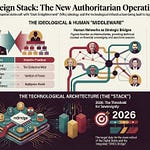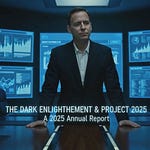Sixty years after the Cuban Missile Crisis, tensions between the United States and Russia have resurfaced, raising concerns about the potential for nuclear conflict. The Cuban Missile Crisis of 1962 brought the world perilously close to nuclear war, but diplomatic efforts ultimately averted disaster. Today, the geopolitical landscape has evolved, yet the specter of nuclear escalation remains.
Recent developments have heightened these concerns. In October 2022, reports indicated that Russian President Vladimir Putin came alarmingly close to deploying a nuclear weapon in Ukraine, prompting crisis meetings in the UK over potential radioactive fallout affecting Britain.
Additionally, in November 2024, world leaders held crisis meetings, fearing Putin might launch nuclear weapons in Ukraine, with US intelligence estimating a 50% chance of such an event.
The current situation underscores the importance of diplomatic engagement and international cooperation to prevent escalation. While the dynamics differ from those of the Cold War era, the underlying risks associated with nuclear arsenals persist. It is imperative for global leaders to prioritize dialogue and conflict resolution to ensure that history does not repeat itself.











